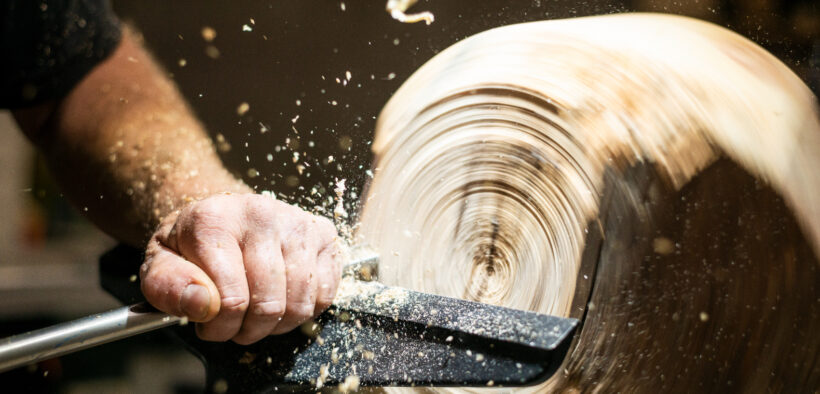My husband just took a wood-turning class, and the night before, he slept very little, worrying about his skills and whether he’d be able to complete the course projects. This from a person who builds houses, boats, and furniture, who forges knives, can repair just about anything, and already has an impressive collection of bowls that he’s turned. How could he possibly imagine he wouldn’t do well in the course?
“Can I Do It?” Accurately Assessing Our Skills

Related Articles
I have two loves: teaching and learning. Although I love them for different reasons, I’ve been passionate about...
Could doodles, sketches, and stick figures help to keep the college reading apocalypse at bay?...
We’ve all faced it: the daunting stack of student work, each submission representing hours of potential grading. The...
Storytelling is one of the most powerful means of communication as it can captivate the audience, improving retention...
For some of us, it takes some time to get into the swing of summer. Some of us...
About a year ago, I decided to combine the ideas of a syllabus activity and a get-to-know-students activity....
The use of AI in higher education is growing, but many faculty members are still looking for ways...








